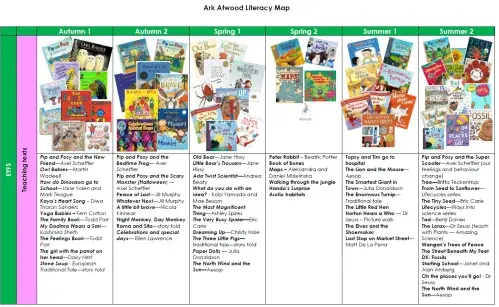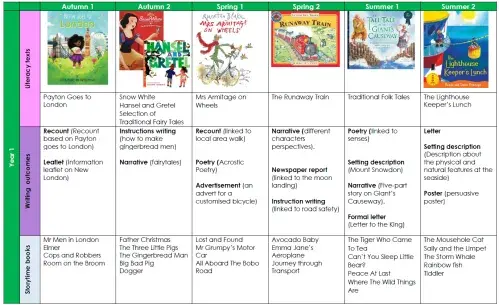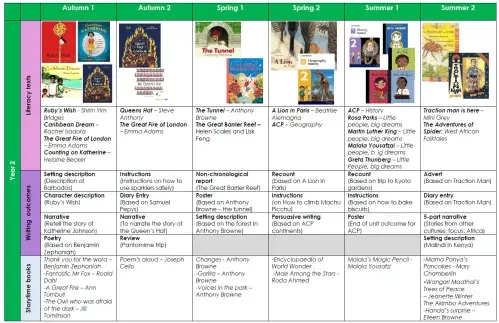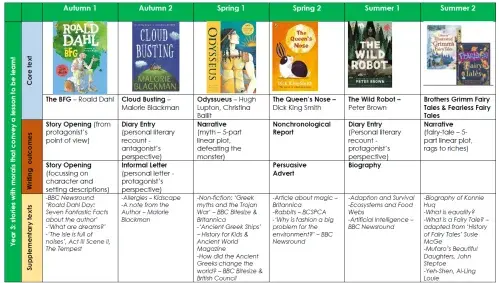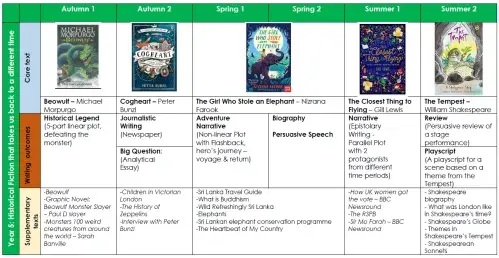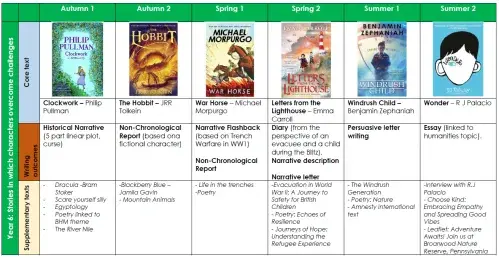Why do we learn English?
Learning to read is a skill prioritised at Atwood as we know it is the gateway to the wider curriculum which proves vital not just for secondary education but beyond in later life. Children progress from learning to read, to reading to learn, enabling them to access a curriculum rich in literary works that expands their knowledge and curiosity about the world. Throughout their school career, children are taught not only the strategies to decode texts successfully with fluency but to also become metacognitive readers so they gain the skills to tackle challenging texts independently. Atwood develops a passion for reading so that scholars begin their secondary schooling as proud, fluent readers at or above their chronological age, well set up with a life-long love of reading beyond the classroom.
At Atwood, writing for purpose and pleasure is also at the centre of our vision for writing for our children, Teachers seek exciting, engaging and enriching experiences for children in the texts and topics they choose to study so pupils not only become enthusiastic writers but are provided with a rich context from which to draw upon. Pupils are exposed to and immersed in a wide range of genres with a focus on purpose and audience enabling children to become confident communicators. Our approach to teaching is based on the recommendations of the Education Endowment Fund aimed at improving literacy teaching and the outcomes of pupils. It focuses on teaching writing composition strategies through modelling and supporting strategies and developing pupils’ fluent written transcription skills through purposeful and explicit practices.
Our approach
Writing:
Throughout Early Years, children are immersed in a world of stories with a strong focus on developing vocabulary and oral literacy. Pupils start mark making from an early age developing the gross and fine motor skills needed for pen control through fine motor workshops. In Reception, pupils learn letter formation alongside letter sounds through the Read, Write Inc programme and start forming words and short sentences. Children have daily opportunities to write either through whole class activities, small group work or independently at a writing station. Children are given a clear purpose for writing with a focus on writing cards, letter, messages, lists and recipes.
In Key Stages One and Two, purpose and audience remain central to effective writing. Teachers look for opportunities in texts they are reading and topics children are enjoying to provide highly engaging contexts and provide a real purpose and audience for children’s work. Children grow to understand that writing is an iterative process and are provided with a range of writing activities that support the organisation and development of their ideas. Children are encouraged to be reflective learners and to challenge themselves to improve and develop their work independently through guidance and a clear understanding of how to edit and improve their work.
Reading:
Our approach to reading, as well as literacy and humanities, is complemented by texts rich in vocabulary often drawing on both our literacy heritage and diverse community. To foster a love and enthusiasm for reading, carefully chosen texts both inspire and ignite sparks of interest to find out more and cover a range of genres; fiction, non-fiction, poetry and playscripts. These texts, set out in our book spine and curriculum maps, are explored in our timetabled reading lessons, literacy lessons or shared as class books.
